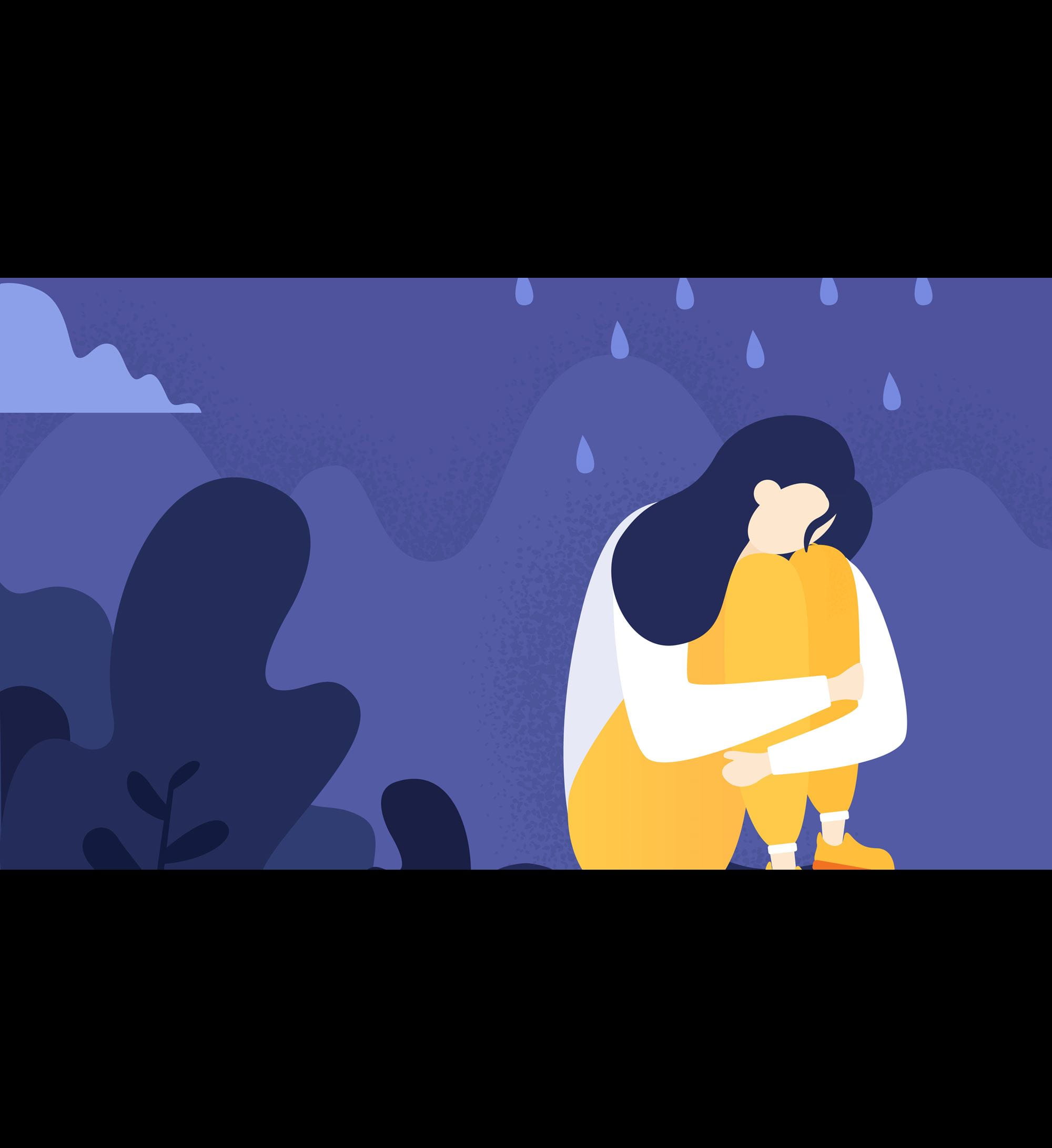What do I need to know about suicide?
It is normal for some people to experience thoughts of suicide at some point in their lives. Most people who experience this are usually looking for a way to escape unbearable pain or to solve a problem where there seems to be no other solution. Suicidal thoughts tend to come with feelings of being overwhelmed, hopeless, or as if you are a burden to those around you.
Fortunately, there is help available for people who are experiencing thoughts of suicide. With the right treatment and support, most people who experience thoughts of suicide or those with suicidal attempts find recovery and go on to lead meaningful lives.
Warning Signs
What are some signs that someone may be thinking about suicide?
- Talk of suicide such as, “I wish I could sleep forever” or “if _____ happens, I don’t think I can do it anymore.”
- Talk of hopelessness such as, “Why try anymore?" or "things are never going to get better.”
- Talk of being a burden such as, “I keep messing up" or "my family would be better off without me.”
- Negative changes in mood (depression, anxiety, humiliation, agitation, etc.)
- Withdrawing from other people
- Increased use of alcohol or drugs
- Changes in sleeping or eating patterns
- Looking for a way to kill themselves such as searching online
- Saying goodbye or tying up loose ends
Resources for Suicide Prevention
988 Suicide & Crisis Lifeline
The 988 Suicide & Crisis Lifeline 24/7 free and confidential emotional support to people in suicidal crisis or emotional distress 24/7.
Behavioral Health Services Navigation Line
When you call the Intermountain Behavioral Health Services Navigation line, you can expect to talk to someone who can help you access your needs and connect you with the right resources.
SafeUT Crisis Line
SafeUT is a crisis chat and tip line that provides real-time crisis intervention for students, parents/guardians, and educators.
Access Centers
Intermountain Behavioral Health Access Centers provide psychiatric and crisis care and operate similar to an emergency room.
Emergency Rooms
If there is not a Behavioral Access Center near you and you are in crisis, you can get help at an Intermountain emergency department.
myStrength App
For self-guided mental health, access myStrength for free with registration code MYHEALTHPLUS. Download the app on Apple App Store/Google Play or:
SafeUT Frontline App
The SafeUT Frontline app provides a way for Utah’s law enforcement, fire/EMS, health care providers, and their families to confidentially connect to licensed mental health professionals.
SafeUT Crisis Line
SafeUT is a crisis chat and tip line that provides real-time crisis intervention for students, parents/guardians, and educators.
American Foundation for Suicide Prevention
Visit the AFSP for suicide prevention resources, survivor stories, and more.
National Institute of Mental Health
Learn more about suicide prevention and warning signs.
Live On
Live On provides resources for those struggling with suicidal ideation or other mental health concerns.
Treatment Locator
The Behavioral Health Treatment Services Locator sponsored by the Subtance Abuse and Mental Health Services Administration can you help you anonymously seek behavioral health treatment anywhere in the United States.


